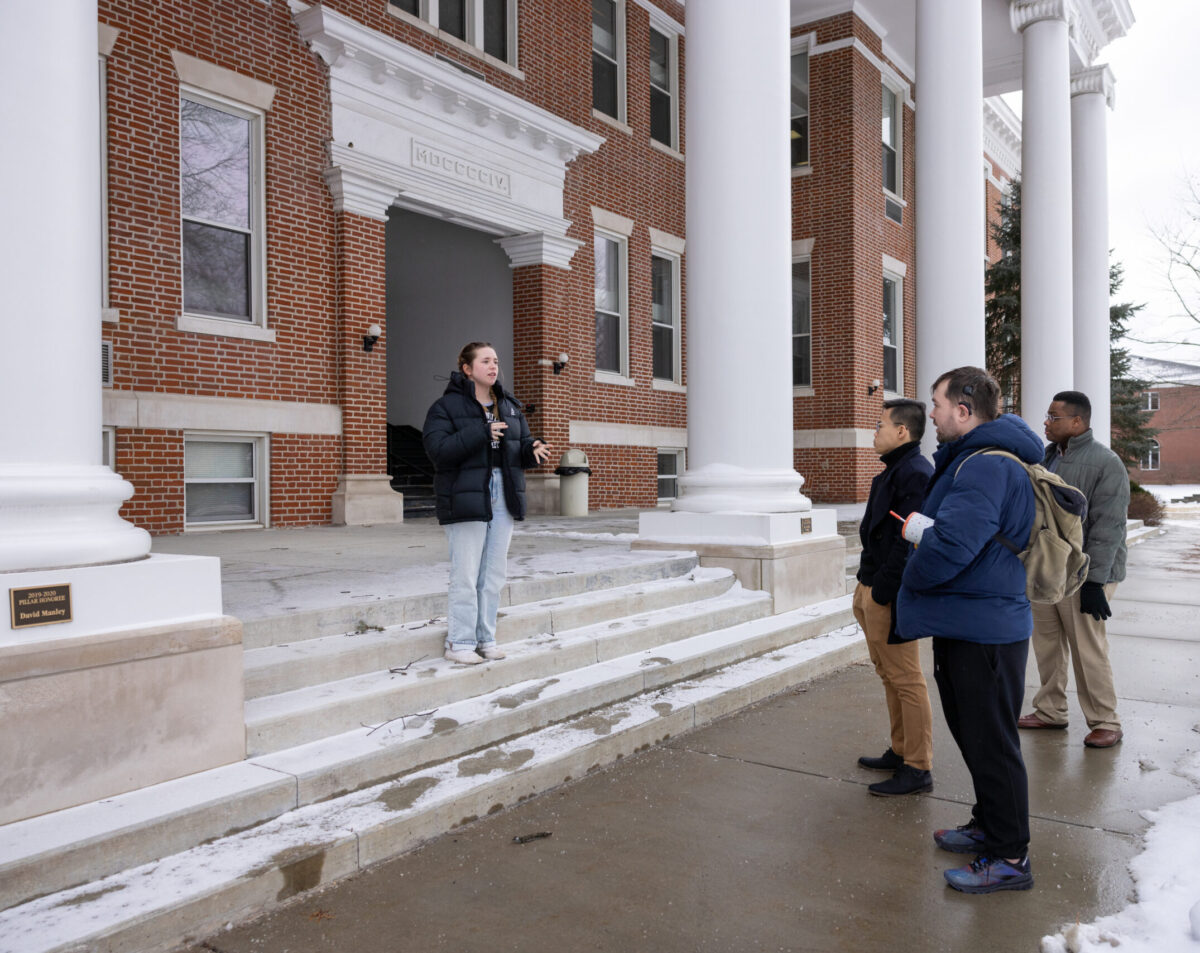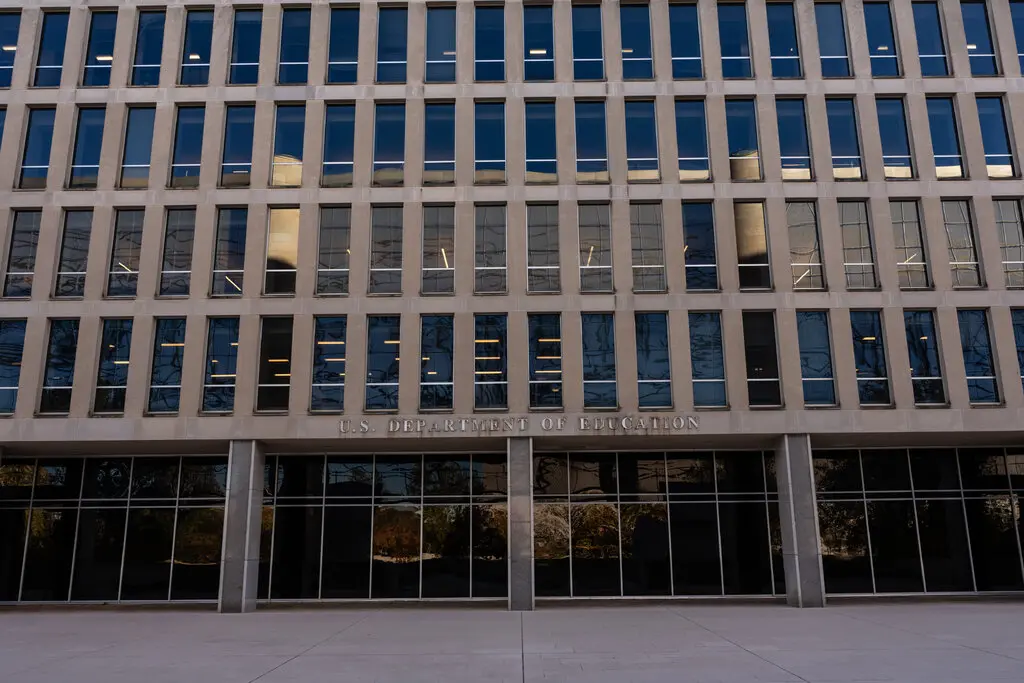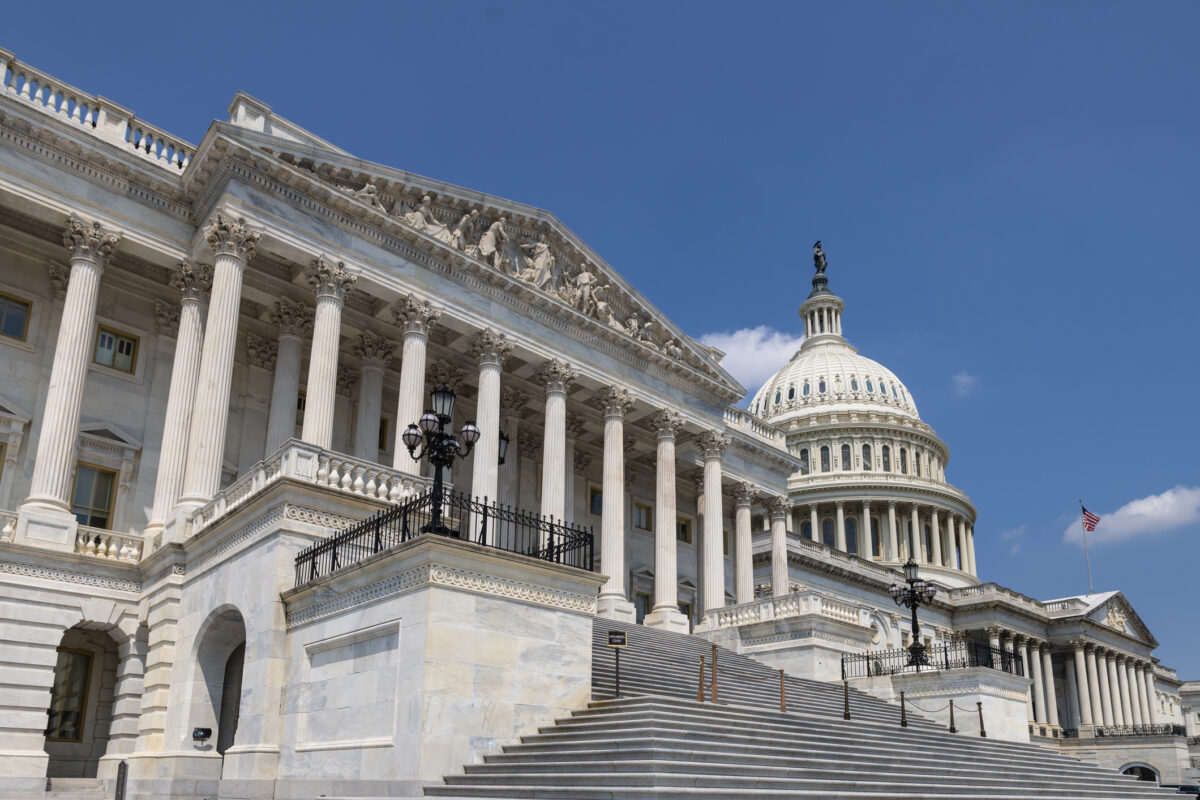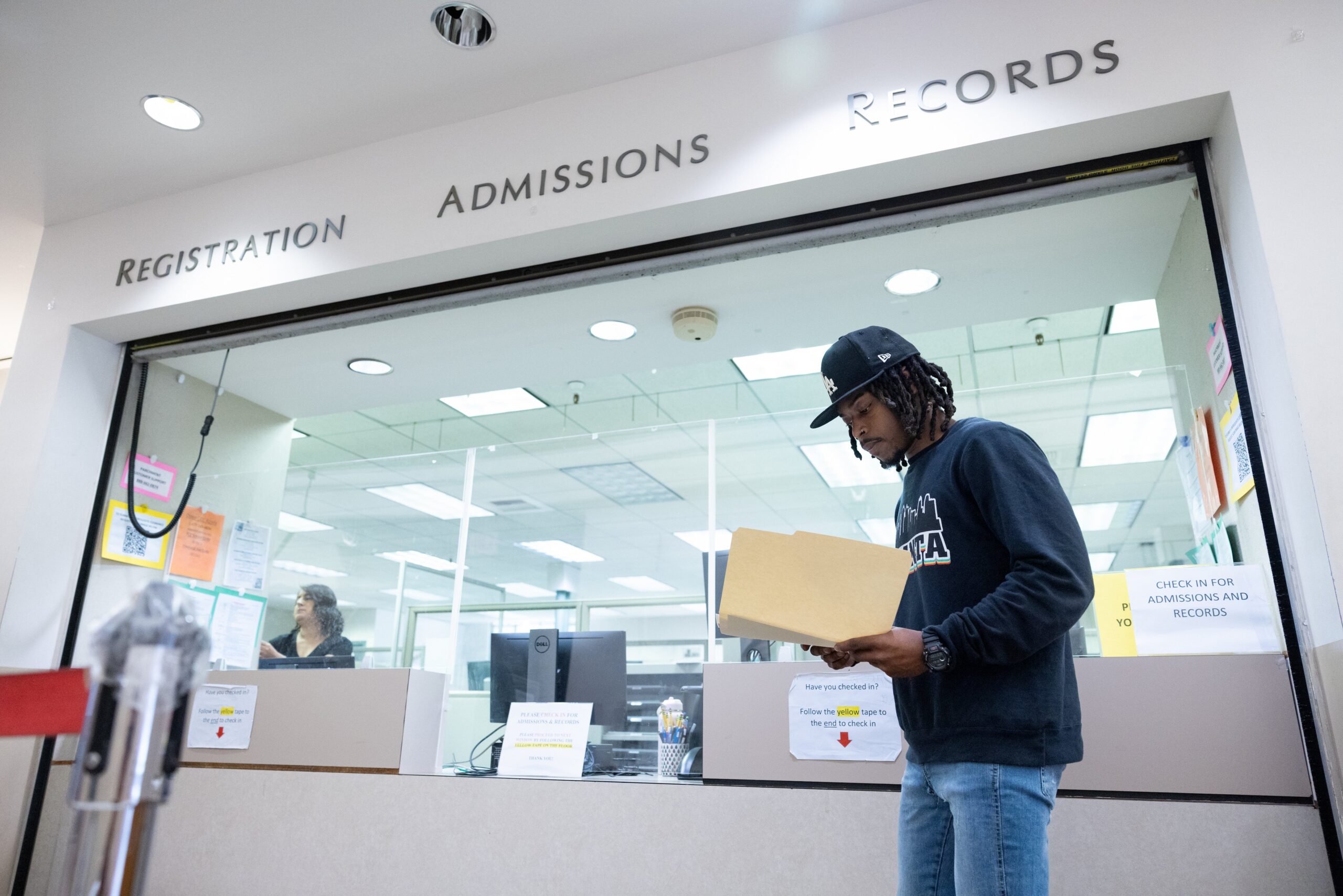News & Events

For all media inquiries, contact communications@ihep.org.
IHEP’s experts are available to provide evidence-based and data-driven analysis and trusted expertise that shape federal, state, regional, and institutional policies to improve access and success in higher education for all people, regardless of background, race, or circumstance.
Search
years
Category
Focus Area










